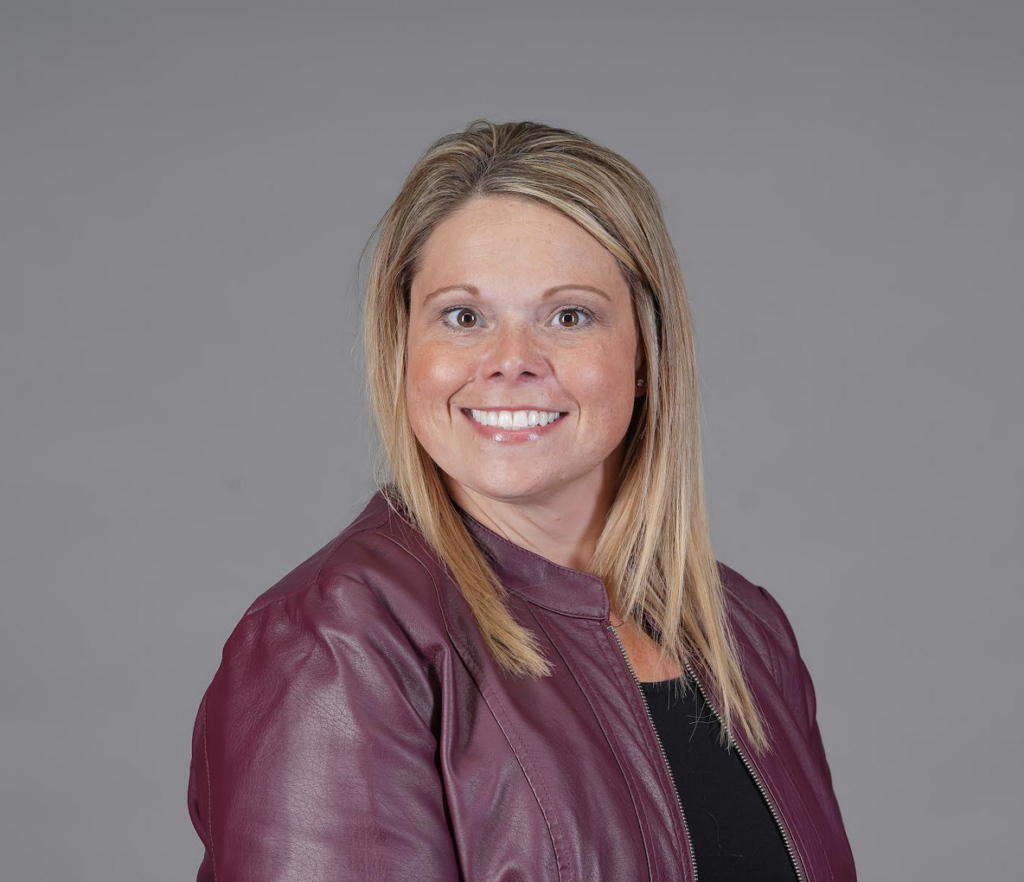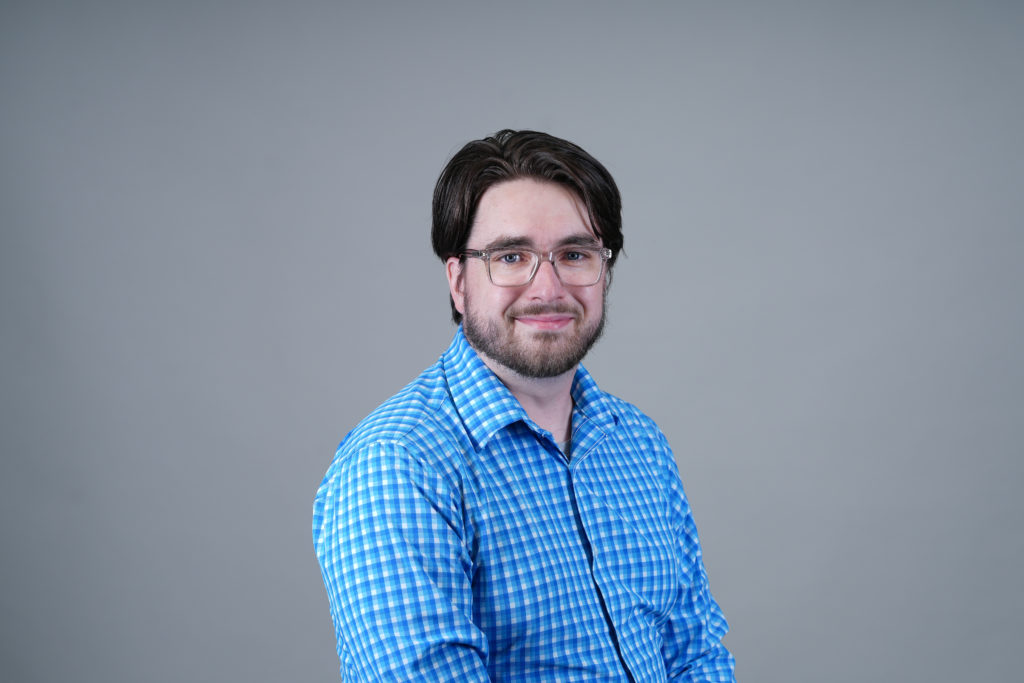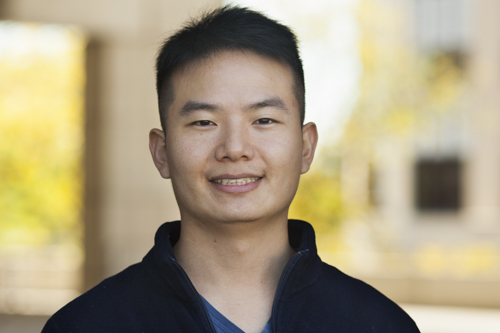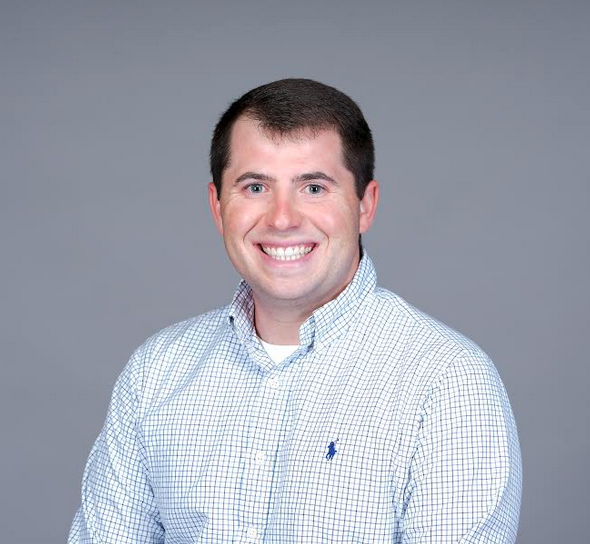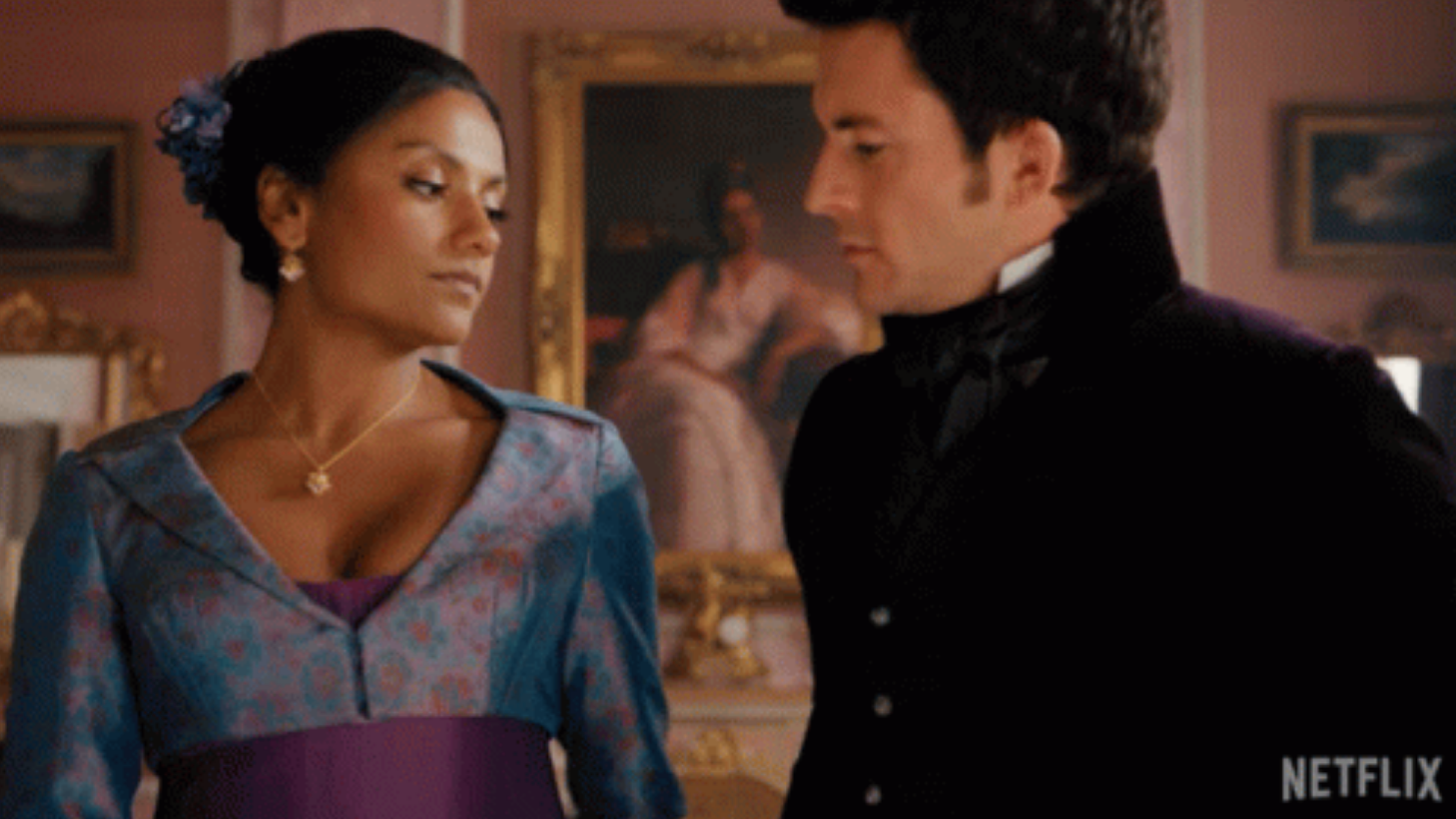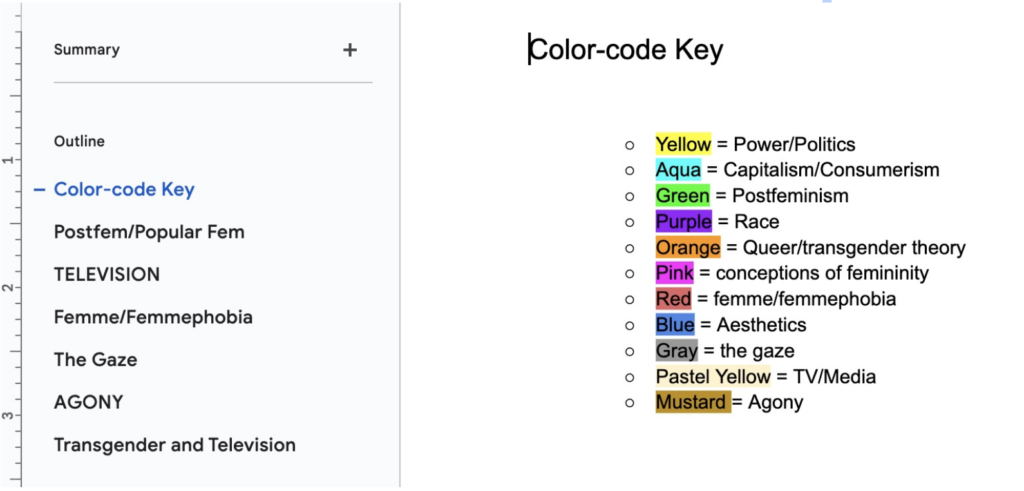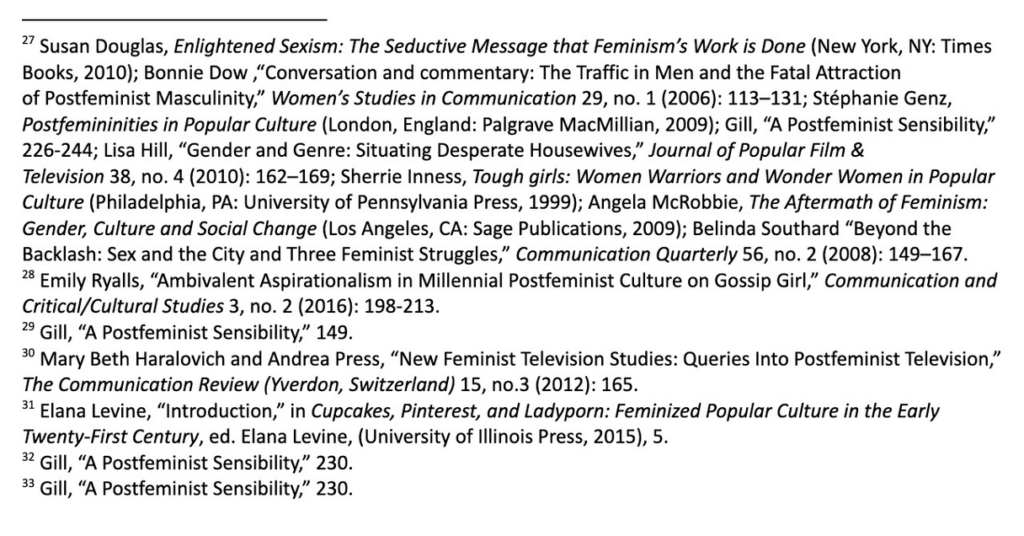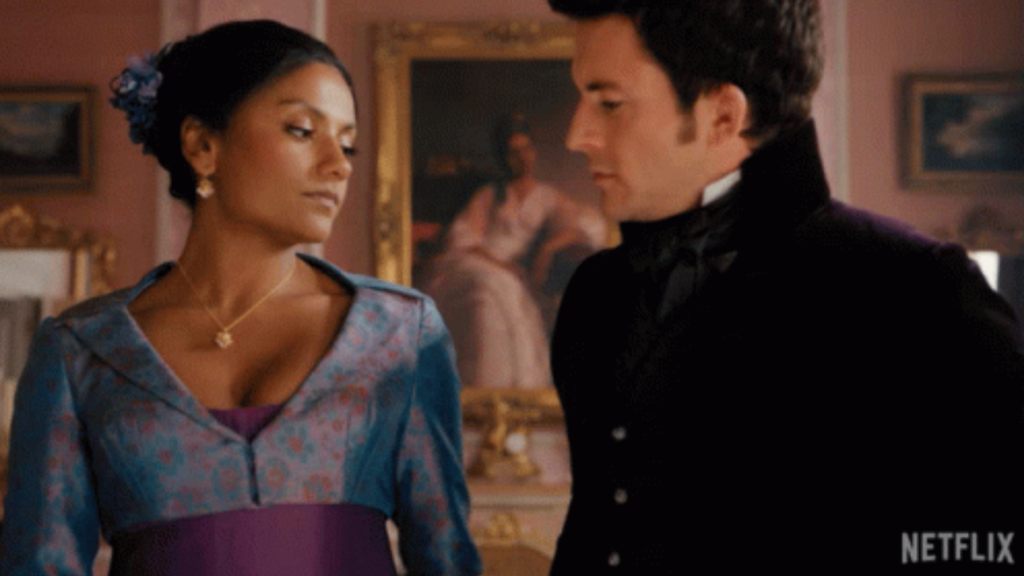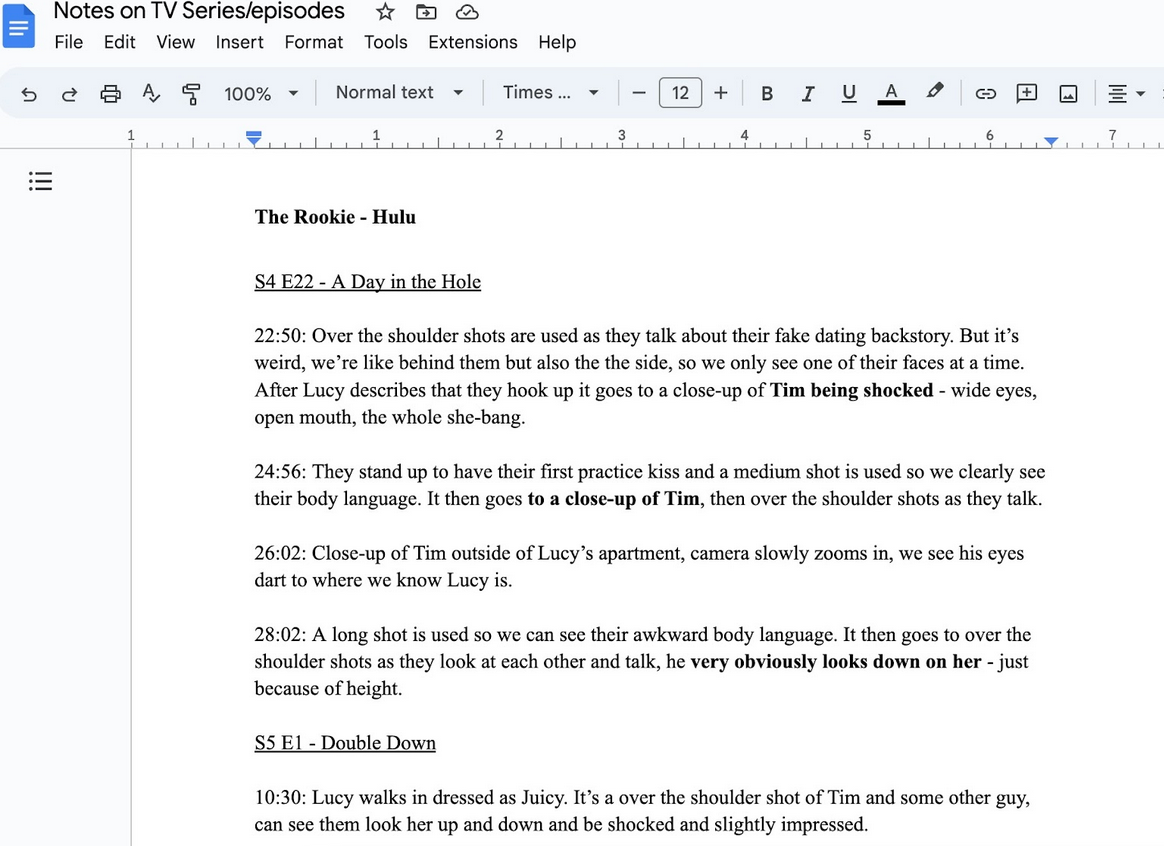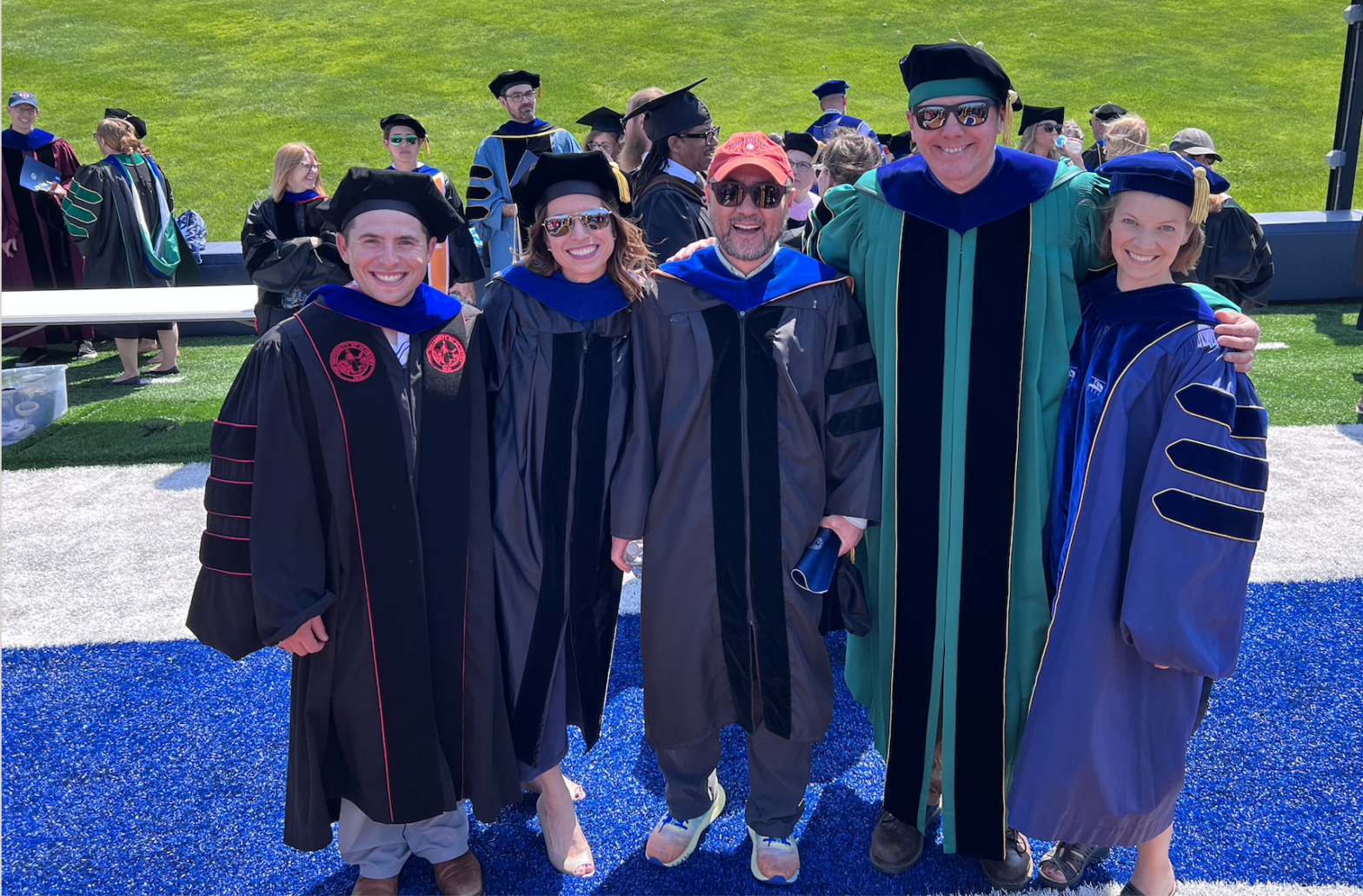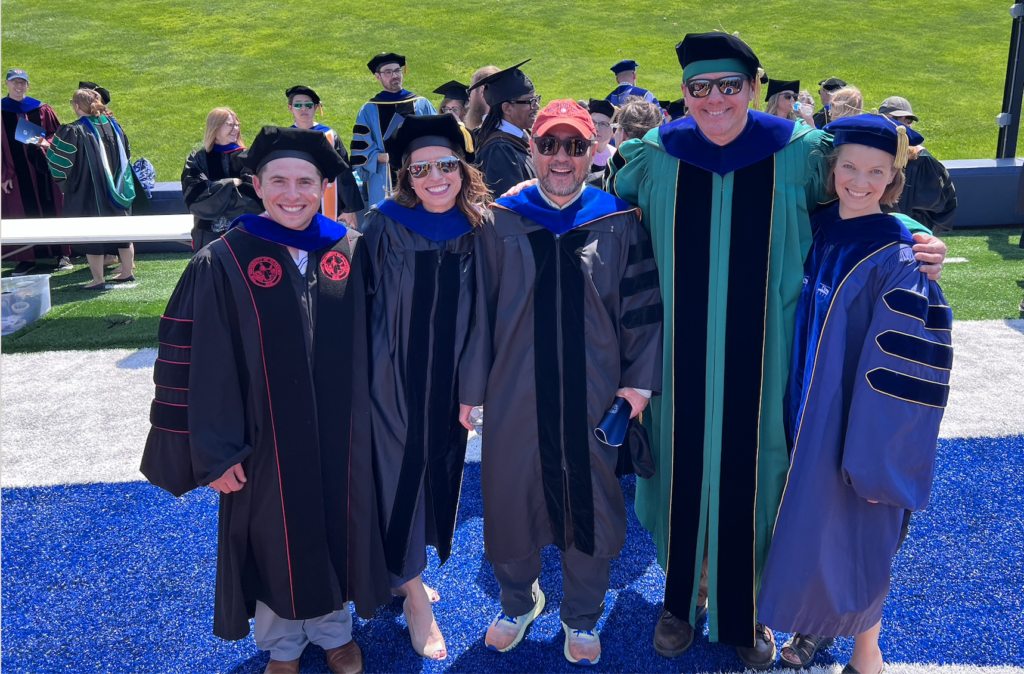This year, the Communication Department at Hope College celebrates three student-faculty research projects that took shape as students sought communication research experiences through independent studies with Hope’s Communication faculty.
Below, students reflect on their communication research projects and mentoring with Hope’s Comm faculty. Interviews are lightly edited for flow.
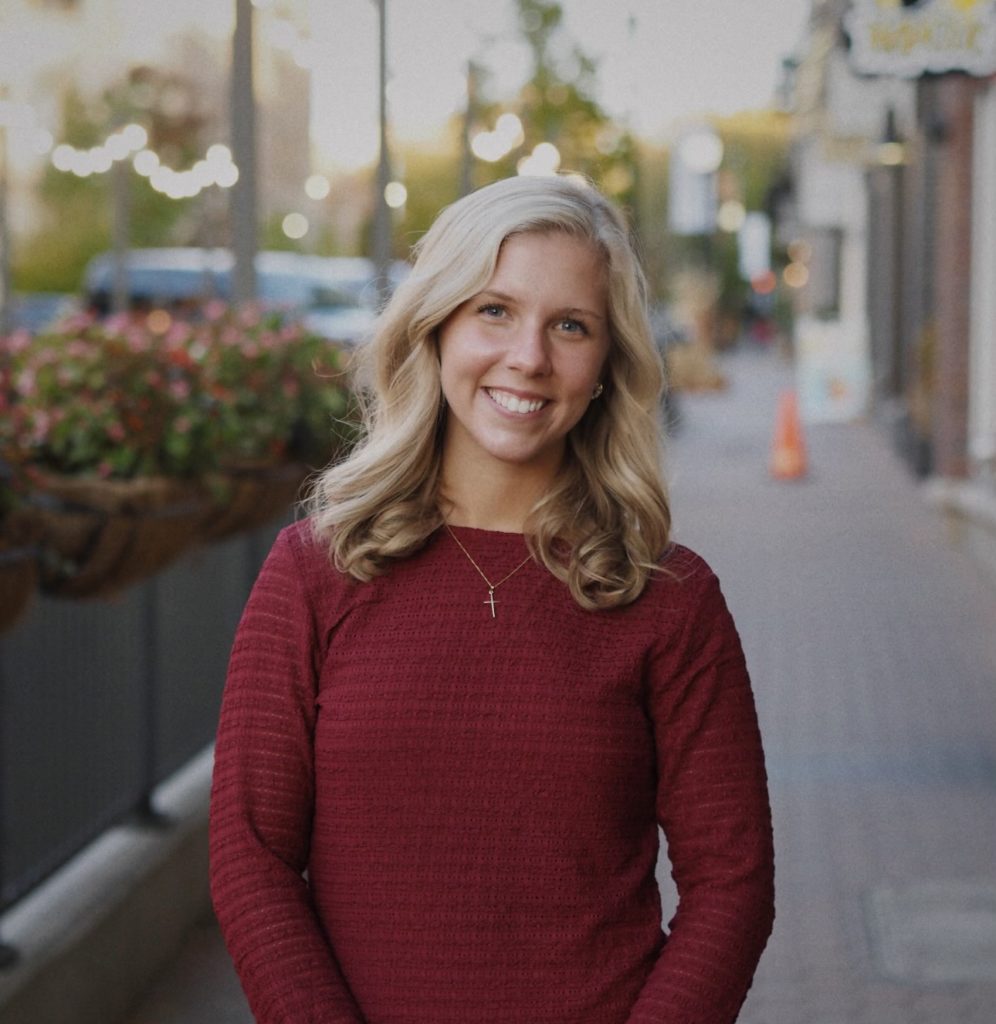
Ms. Hannah Pearce
“During my independent study with Professor Gentile, I acquired a wealth of knowledge on our primary topic: the effects of artificial intelligence (AI) on journalism.”
Ms. Pearce continues, “While this focus was central to our research, it represented only a portion of the broader insights I gained throughout the course of the study. Over the semester, I interviewed journalists from across the country. I heard their personal stories, learned about their professional experiences, and understood how they are adapting to AI within their careers. Our findings from these interviews led us to the conclusion that journalism—and communication more broadly—will always require human intervention. The human touch in writing emerged as an invaluable element in our study. Another element that aided in the complexity of this research was from my experience in COMM 270 (Qualitative Research Methods). This class was the core of what taught me the importance of understanding interview strategies. In COMM 270 I was able to conduct my own research, present and defend my findings, as well as interview fellow classmates for important and relevant data. Both of these academic experiences have been the cornerstone of my Communication degree. Collaborating with Professor Gentile was an enriching experience, and I would gladly work on a project with him again!”
Ms. Joanna Thornburg
“Learning about rhetoric with Dr. Kornfield this semester introduced me to so many different styles of expression. I was especially fascinated by the nuances of the feminine rhetorical style and the evangelical rhetorical style. Even more intriguing to me was the blend of these two—a feminine evangelical style—that combines warmth with a sense of spiritual purpose.”
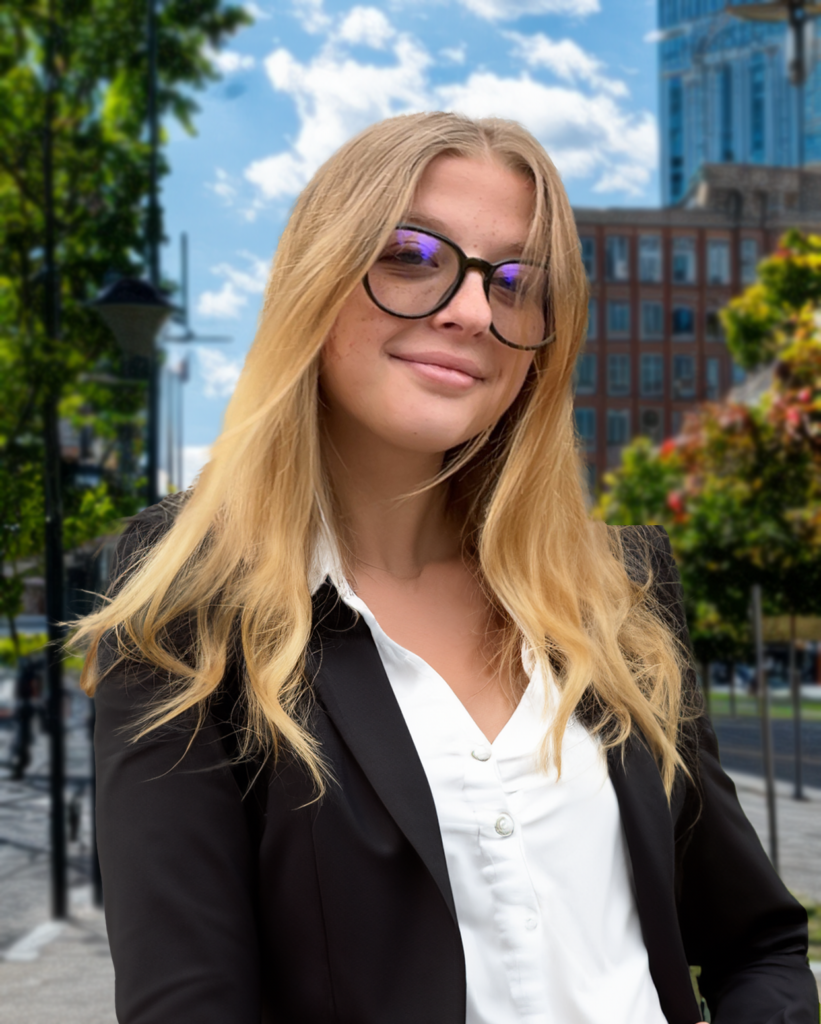
Ms. Thornburg continues, “Seeing how the feminine and evangelical rhetorical styles intersect, and how Sarah Bessey used them in Field Notes, helped me appreciate how rhetoric can be both deeply personal and powerfully persuasive.
“One of the concepts that stood out the most to me was ‘writing yourself,’ a term coined by the French feminist writer Hélène Cixous. ‘Writing yourself’ is about putting your own experiences, identity, body, and voice into your writing. I loved how Bessey did this in her book; she ‘wrote herself’ by sharing personal stories, expressing her faith, and drawing from her own journey. Her approach showed me the importance of storytelling and how it can make rhetorical expression more engaging and authentic.
“Finally, working this essay was also a chance to learn more about the writing process itself, especially with Dr. Kornfield’s guidance. She taught me how to plan and edit my work more effectively, which made the whole process feel less overwhelming. By focusing on outlining my ideas before diving into the writing and then revisiting sections to refine them, I learned how to break down the writing of an essay into manageable steps. This approach made a huge difference, helping me write with more focus and intention.”
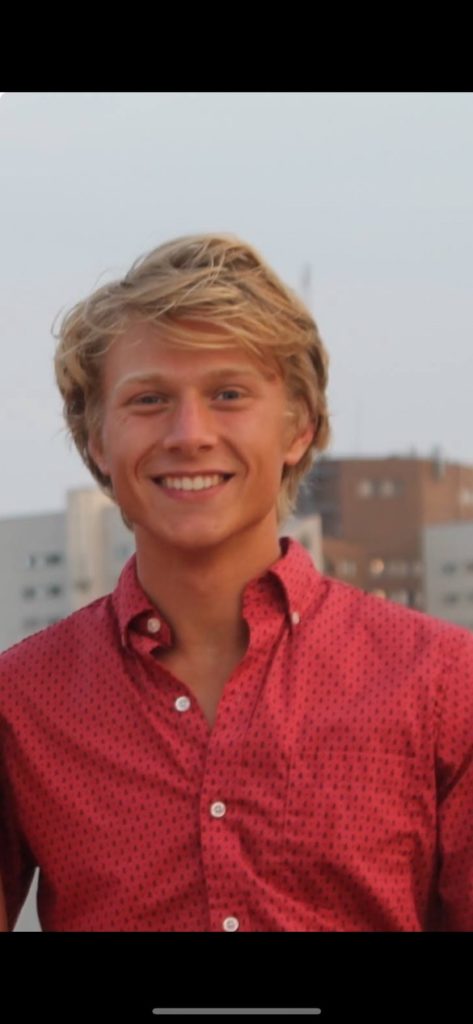
Mr. Luke Skuratowicz
“During my research with Dr. Gentile, I learned that although the language barrier is a large factor in determining characteristics such as chemistry and team bonding in professional sports, the language of “baseball itself” was very prevalent. This made it easier for players to adapt as they changed teams and cultures. Using baseball to ground their communication and building off that connection outside the field made transitions easier for teammates transitioning between teams and cultures.”







